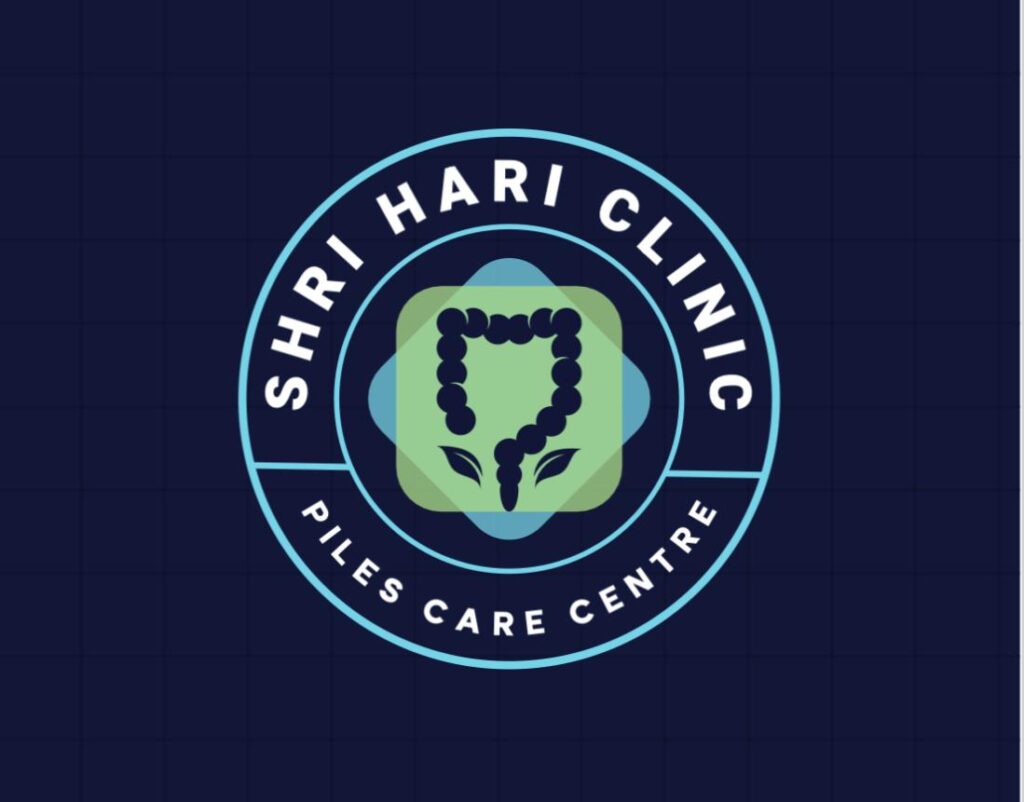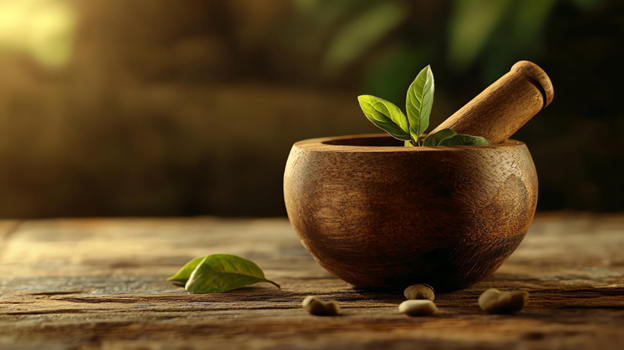A fistula is an abnormal connection or passage that forms between two organs or structures in the body, often caused by infection, inflammation, or surgery. The most common type of fistula occurs around the anus, known as an anal fistula, though fistulas can also form in other parts of the body, such as between the intestines and skin, or between the bladder and vagina. While conventional medical treatments are widely used to treat fistulas, many individuals turn to alternative therapies like Ayurveda for a more holistic approach to healing.
In this blog, we will explore the role of Ayurveda in the treatment of fistulas, the natural remedies it offers, and how Ayurvedic principles can promote healing and prevent recurrence.
What is Fistula?
A fistula is an abnormal tunnel that forms between two organs or parts of the body that are not typically connected. For example, an anal fistula creates a passage between the anal canal and the skin near the anus. These tunnels are often the result of infections or abscesses that have not healed properly.
Fistulas can also occur in other areas, such as between the intestines and skin (enterocutaneous fistulas) or between the bladder and vagina (vesicovaginal fistulas). They can lead to chronic discomfort, pain, and complications such as leakage, infection, and inflammation.
The Ayurvedic View on Fistula
In Ayurveda, fistulas are often viewed as a result of an imbalance in the body’s three doshas—Vata, Pitta, and Kapha. According to Ayurvedic principles:
- Vata Dosha: governs movement and can cause dryness, roughness, and instability when out of balance.
- Pitta Dosha: governs digestion, metabolism, and heat in the body. When imbalanced, it leads to inflammation and infection.
- Kapha Dosha: governs stability, lubrication, and structure. When imbalanced, it can lead to excess mucus and blockages.
Fistulas, particularly anal fistulas, are often attributed to an imbalance in Pitta and Vata doshas. Pitta causes inflammation and infection, while Vata disrupts the normal flow of bodily functions, leading to the formation of abnormal passages.
Ayurvedic Treatment for Fistula
Ayurvedic treatment for fistulas is designed to address the root cause of the condition, not just the symptoms. The goal is to restore balance within the body and promote natural healing through diet, herbal remedies, and lifestyle changes. Some of the key Ayurvedic approaches to managing fistulas include:
- Panchakarma (Detoxification Therapy)
Panchakarma is a comprehensive detoxification process in Ayurveda that helps eliminate toxins from the body and restore balance. For individuals with fistulas, Panchakarma treatments such as Basti (medicated enemas), Virechana (purging therapy), and Abhyanga (oil massage) can help reduce inflammation, improve circulation, and support the healing process. These therapies are aimed at pacifying the imbalanced doshas and improving overall health.
- Herbal Remedies
Ayurveda uses a variety of herbs to treat infections, reduce inflammation, and support tissue healing. These herbs can be taken in various forms, such as powders, capsules, or as part of herbal formulations, under the guidance of a qualified Ayurvedic practitioner.
- Dietary Recommendations
In Ayurveda, diet plays a crucial role in balancing the doshas and promoting healing. For individuals with fistulas, the following dietary recommendations are often made:
- Warm, cooked foods: These help improve digestion and prevent the accumulation of toxins. Foods like soups, stews, and porridges are easy to digest and nourish the body.
- Avoid spicy and oily foods: Excess heat and oil can aggravate Pitta dosha, leading to more inflammation and irritation.
- Incorporate anti-inflammatory foods: Foods such as ginger, garlic, turmeric, and leafy greens can help reduce inflammation and promote healing.
- Hydration: Drinking adequate water, herbal teas, and fresh juices helps flush toxins from the body and supports the healing process.
- Fiber-rich foods: Eating foods high in fiber, such as fruits, vegetables, and whole grains, can promote healthy bowel movements and reduce the risk of constipation, which can worsen fistulas.
- Lifestyle Modifications
In addition to dietary changes, Ayurvedic practitioners may recommend certain lifestyle modifications to support the healing of fistulas:
- Regular exercise: Moderate physical activity, such as yoga or walking, can help improve circulation and digestion, promoting the body’s natural healing processes.
- Stress management: Since stress can worsen imbalances in the doshas, Ayurvedic practices like meditation, deep breathing exercises, and mindfulness can help reduce stress and promote healing.
- Proper hygiene: Maintaining proper hygiene, especially in the anal region, is important for preventing infections and promoting healing of anal fistulas. Sitz baths with warm water and herbs like turmeric or neem can help soothe and cleanse the affected area.
- Ayurvedic Pastes and Ointments
Ayurvedic practitioners may also recommend topical treatments in the form of medicated pastes or ointments to apply directly to the affected area. These treatments help reduce inflammation, promote healing, and prevent infection.
When to Seek Conventional Medical Treatment
While Ayurveda can be effective for managing mild cases of fistulas or preventing recurrence, it is important to seek conventional medical treatment in more severe cases. If a fistula is large, infected, or causing significant symptoms, medical procedures like surgical drainage, fistulotomy, or fistulectomy may be necessary. These procedures help to eliminate the fistula and promote healing.
Conclusion
Ayurveda offers a holistic approach to managing and healing fistulas, focusing on restoring balance to the body and addressing the root cause of the condition. Through a combination of herbal remedies, dietary modifications, Panchakarma detox therapies, and lifestyle changes, Ayurveda can help reduce inflammation, prevent infection, and promote healing. However, it’s important to consult a qualified Ayurvedic practitioner and medical professional to determine the most appropriate treatment for your specific case.
By integrating Ayurvedic principles with modern medical care, individuals suffering from fistulas can achieve better outcomes and improve their overall well-being.



